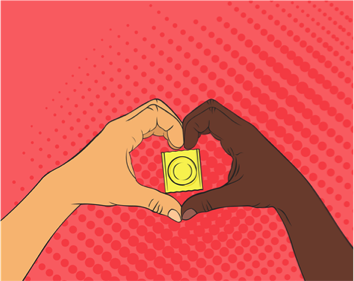
What is Molluscum contagiosum (MC)?
Molluscum contagiosum is a very common skin condition that causes small, smooth and often fluid-filled bumps on the skin. These bumps usually occur in groups or clusters. It is caused by a virus that is spread by skin to skin contact with someone who has the infection. You can also catch the virus by contact from things that have been contaminated, such as towels and bedding.
MC is not a serious infection and rarely requires treatment. It can however take a long time to clear up, sometimes between 12-18 months. This is usually because as one area of the skin heals, another patch of molluscum may appear. This is a nuisance, but not harmful.
In adults the virus is usually passed on during close skin to skin contact whilst having sex, this is why the MC usually appear on the pubic area, upper thighs, bum, and genital skin on the penis and vulva.
There is no real specific test for molluscum; it is usually recognised by a nurse or doctor looking at the skin.

What are the symptoms (signs) of Molluscum contagiosum (MC)?
Molluscum contagiosum are small lumps on the skin that sometimes look pink, red, or pearly white. Molluscum nearly always have a small dimple in the centre of the spot.
If you squeeze the molluscum, a creamy, white fluid will come out of the centre. This is the part of the infection that is most contagious. The virus is spread when the MC are rubbed or scratched and a different part of the body is touched.
Some people will only have 1 or 2 molluscum present. Other people have many more but in most cases, less that 30 develop.

Treatment for Molluscum contagiosum (MC)
Treatment is not usually recommended for molluscum. This is because the infection usually clears up by itself, although this may take some time.
There is no evidence to show that any particular treatment is effective or will make a big difference to how long the molluscum lasts. Treatment such as cryotherapy (freezing) is also quite painful and can damage or scar the skin. Scarring rarely occurs if the molluscum are left to heal on their own.

What should I do if I think I have Molluscum contagiosum (MC)?
If you are worried that you may have molluscum present in your genital area then contact your local Devon Sexual Health Clinic for advice. Molluscum in the genital area are usually passed on via sex or sexual contact, so there is a chance that you may have caught another STI that doesn’t have symptoms. We can talk about your sexual history and give you the best advice.
Molluscum can also spread around the body by shaving or scratching. If you are diagnosed with the infection it is important to avoid shaving or scratching the area.

How can I avoid getting Molluscum contagiosum (MC)?
Molluscum is easily spread from skin to skin contact so it can be difficult to avoid passing the infection on during sexual contact if one partner has mollusca present on the skin.
Limiting the number of people you have sex with reduces the chance that you will come into contact with molluscum, and other STIs.
Condoms will always reduce the risk of STIs, but do not offer 100% protection against skin infections such as molluscum, genital warts virus (HPV) or herpes (HSV). This is why these types of infections are very common.
Ensure that you carefully disinfect and clean sex toys between uses.

